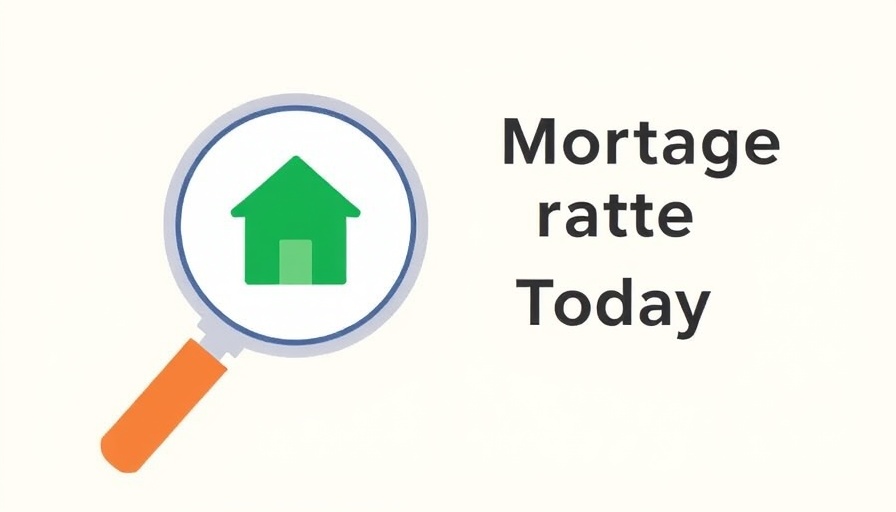
Understanding the Financial Landscape
In today’s increasingly complex financial landscape, worries about money are omnipresent. According to a recent April 2025 NerdWallet survey, almost 80% of Americans reported feeling anxious about their financial situation. This apprehension is especially prevalent among small business owners and managers who face unique monetary challenges that can significantly impact their operations and personal lives.
Spotlight on Common Financial Concerns
Among the key issues troubling respondents, 64% expressed concern about insufficient savings, while 44% fretted about excessive debt. Additionally, 26% of those surveyed were worried about not being able to meet their monthly expenses. Such concerns are not merely hypothetical; they reflect genuine fears that can hinder business growth and personal development.
Turning Learning into Action: Strategies to Alleviate Financial Worries
1. **Increase Savings**: Building a financial cushion is crucial. Small business owners can start by setting aside a small percentage of their profits each month into a dedicated savings account. This habit fosters financial security and prepares the business for unforeseen expenses, such as sudden repairs or fluctuations in revenue.
2. **Smart Debt Management**: Addressing debt concerns requires a strategic approach. Prioritize paying off high-interest debts first, and consider consolidating loans to simplify payments and potentially lower interest rates. This practice allows business owners to regain control of their financial situations and free up funds for growth initiatives.
3. **Budgeting for Success**: Regularly assessing cash flow and creating budgets tailored to specific business needs can provide clarity amidst financial uncertainty. Tracking expenditures against income provides vital insights into where funds can be optimized—allowing for informed decision-making regarding expenses.
Understanding the Emotional Toll
The emotional weight of financial worries can impact decision-making and productivity. Small business owners often find themselves unable to separate their financial anxieties from their work, which can hinder creativity and the drive to innovate. Recognizing these impacts and seeking support through networking with other business leaders can be beneficial in alleviating mental burdens.
Financial Literacy: A Key to Empowerment
Investing time in financial education can help demystify investment strategies and budgeting practices. Joining workshops or online courses geared toward business finance opens avenues to enhance understanding and allows owners to engage with experienced professionals who can share valuable insights. Also, reading widely available literature on financial management can provide practical tips and strategies for overcoming common concerns.
Future Outlook: Navigating Financial Challenges
While financial worries may persist, the landscape is not wholly bleak. Functions like AI automation and digital tools are emerging as vital resources in helping business owners manage their finances more effectively. By embracing these technologies, small business owners can mitigate risks, streamline operations, and start focusing on growth.
For instance, AI-driven budgeting apps can automatically categorize expenses and provide financial forecasts, enabling better financial planning and reduced anxiety. Implementing automation can lead to more time spent on strategy and less time worrying about everyday financial management.
Conclusion: Taking Control of Your Finances
Ultimately, addressing and managing financial worries is essential for not just small business success but also individual well-being. By employing strategic savings, robust debt management practices, and embracing new technologies, small business owners can build resilience against their financial concerns. Taking proactive steps now can lead to a more secure and prosperous future. If you are feeling overwhelmed, consider reaching out to financial experts who can provide tailored advice, helping you become more confident in your financial decisions.
 Add Row
Add Row  Add
Add 




Write A Comment